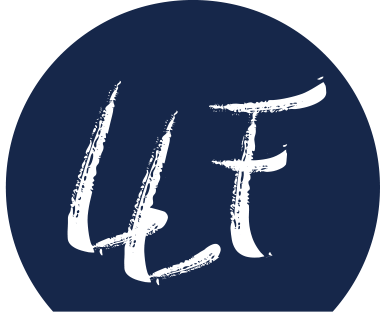Revolutionizing the EU payments market
Instant euro payments are becoming mandatory in the Eurozone from January 2025. Banks must offer real-time transfers at no extra cost, ensuring faster and safer transactions. Consumers gain fraud protection, but banks face technical and financial challenges.
Will this benefit everyone equally?

Adopted by the EU legislator in March 2024, the new Regulation (EU) 2024/886 of the European Parliament and of the Council of 13 March 2024 amending Regulations (EU) No 260/2012 and (EU) 2021/1230 and Directives 98/26/EC and (EU) 2015/2366 as regards instant credit transfers in euro (IPR) set 9 January 2025 as the first of several implementation deadlines for payment service providers in the Eurozone. The IPR aims to increase the use of instant payments in euro, but the benefit for some comes at a cost for others.
The route chosen by the IPR essentially aims for an increase in speed and security in credit transfers in EUR. Payment service providers (PSPs) – such as banks, payment and e-money institutions – that offer the service of receiving credit transfers will now be required to offer real-time transfers to their clients. Cost-wise, PSPs must offer the service of sending and receiving instantaneous payments at the same cost applicable to standard payments. From the standpoint of security, the IPR requires PSPs to offer a free of charge service to the payer verifying the identity of the beneficiary, in view of avoiding fraudulent transfers by checking that the beneficiary’s name and account number match the information on record with their bank.
In practice, Luxembourgish consumers – among many others – will now be able to send and receive instantaneous EUR transfers at no additional cost. On top of that, they will be able to make payments with more peace of mind and with and additional layer of protection against fraud.
While this serves the benefit of consumers, banks may not be as happy as the newly introduced requirements bring new challenges on a technical and operational level for the banks and payment service providers, forcing significant investments in infrastructure in order to comply.







